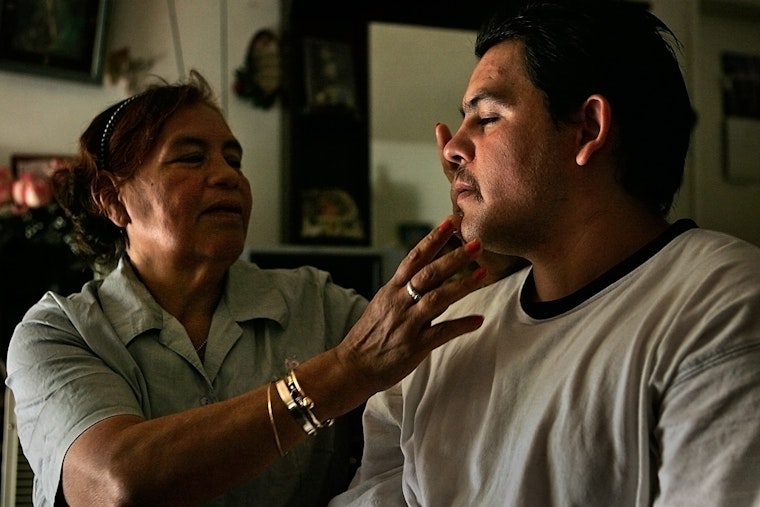Hope for Improving Health Outcomes for Vulnerable Populations
By Kellen Russionello

For too long, we have relied on the criminal justice system as our default intervention for social problems like homelessness, mental illness, and addiction. Our health-care system concentrates on the expensive consequences of these issues without addressing root causes. Together, these approaches cycle people in and out of jails, prisons, and hospitals, all at tremendous cost to taxpayers.
But a new program in California, the Whole Person Care Pilot, holds the promise of vastly improving both health and criminal justice outcomes for the state’s most vulnerable populations.
The pilot, which was approved by the federal government in December 2015, will allow Medi-Cal (California’s Medicaid program) to pay for additional services for low-income people who incur high costs due to their health conditions. The services will include assistance in accessing physical and behavioral health services, housing, food, and other social supports. It’s an unprecedented opportunity to effectively address primary causes of illness and to reduce our reliance on the criminal justice system as our principal response to mental health and substance-use issues.
While the pilot is primarily designed to reduce health-care costs in general, an advocacy effort by the ACLU of California helped ensure that it specifically targets people who are likely to become homeless once they’re released from jail or prison. In addition to paying for assistance with locating and maintaining available housing, California counties can use the savings from reduced health-care costs to fund rental subsidies or to increase affordable housing stock. This creates a loop: getting people into housing helps counties save, which can increase housing options, and so forth. Housing is a crucial component of successful reentry and reduces the likelihood of returning to jail.
Innovative localities can also choose to use the pilot program to create or bolster criminal justice diversion programs, which steer individuals towards housing and health care, rather than relying on the expensive and ineffective system of locking them up. Partnerships with law enforcement could result in prebooking diversion programs, such as LEAD, which could leverage the additional resources offered in the pilot to connect people with services instead of incarceration. Health and public safety outcomes should improve as a result. Coincidentally, it could save taxpayers a bunch of money.
Localities must opt into the pilot by submitting a plan to the state by May 15, 2016. If you live in California, make sure your local government seizes this monumental opportunity to improve both health and criminal justice outcomes for Californians.
The ACLU is a grantee of the Open Society Foundations.
Kellen Russionello is staff attorney for health and drug policy at the San Diego chapter of the ACLU.

